Found 25 movies, 5 TV shows, and 0 people
Can't find what you're looking for?

Joachim West is so unsuccessful as a writer that in order to escape his financial trouble, he stages his own disappearance. But only after sending his magnum opus--on which he had worked for the past 10 years--to his publisher. Assuming him dead, she sees the masterpiece as the perfect answer to a predicament: her star author, Fabian Remarque, is struck by writer's block. So she decides to publish Joachim's manuscript under Fabian's name.

Halldór Kiljan Laxness was born in 1902 in Reykjavik, the capital of Iceland, but spent his youth in the country. From the age of seventeen on, he traveled and lived abroad, chiefly on the European continent. He was influenced by expressionism and other modern currents in Germany and France. In the mid-twenties he converted to Catholicism, but Laxness's religious period did not last long; during a visit to America he became attracted to socialism, which would later on get him into trouble with the Icelandic authorities and eventually blacklisted in the U.S regardless of excellent sales and good reviews.
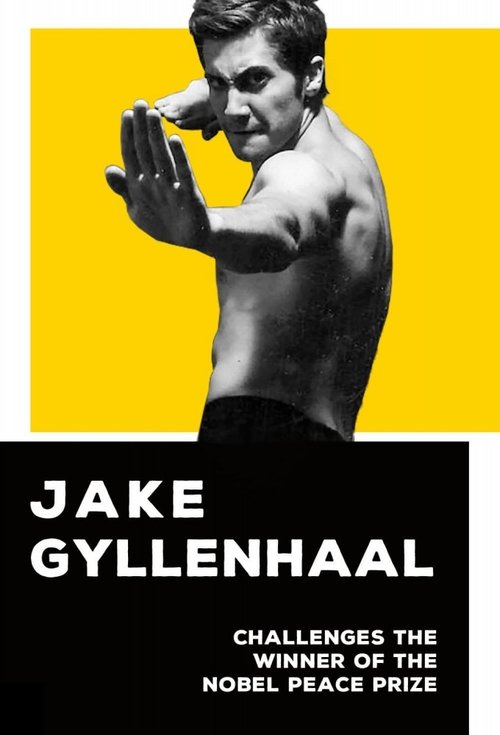
A remixed narrative that combines two Jake Gyllenhaal films (Donnie Darko and Jarhead) with news footage of former President Barack Obama.

Elfriede Jelinek’s Nobel Lecture. Pre-recorded, and shown on video on 7 December 2004, in Börssalen at the Swedish Academy in Stockholm.
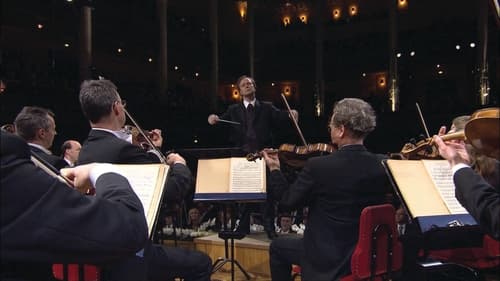
Joshua Bell lights up the stage with this dazzling performance of Tchaikovsky’s Violin Concerto, the centerpiece of the Nobel Prize Concert in honour of the 2010 Nobel Prize Laureates. Part of the official Nobel Week, this tribute concert opens with music by Beethoven that urgently evokes the spirit of freedom from tyranny. And closing the evening is a glowing account by Sakari Oramo and the Royal Stockholm Philharmonic of Sibelius’s monument to orchestral majesty, the titanic Fifth Symphony.
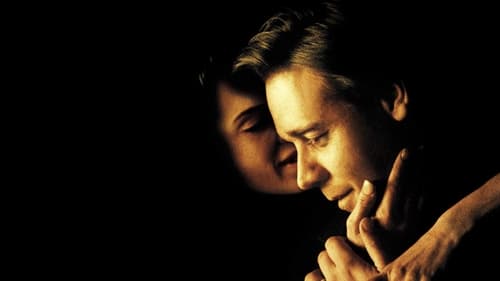
From the heights of notoriety to the depths of depravity, John Forbes Nash Jr. experiences it all. As a brilliant but socially awkward mathematician, he made a groundbreaking discovery early in his career and stands on the brink of international acclaim. But as the handsome and arrogant Nash accepts secret work in cryptography, he becomes entangled in a mysterious conspiracy. His life takes a nightmarish turn and he soon finds himself on a painful and harrowing journey of self-discovery.
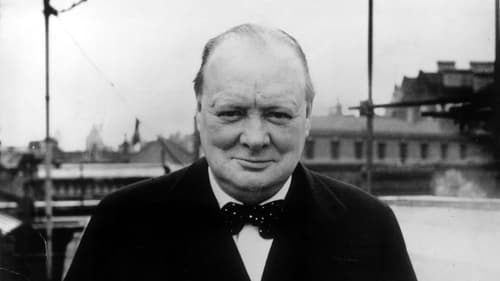
A new look at the public and private life of one of the most important statesmen in the history of Europe: Winston Churchill (1874-1965), soldier, politician, writer, painter, leader of his country in the darkest hours, winner of the Nobel Prize in Literature, a myth, a giant of the 20th century.
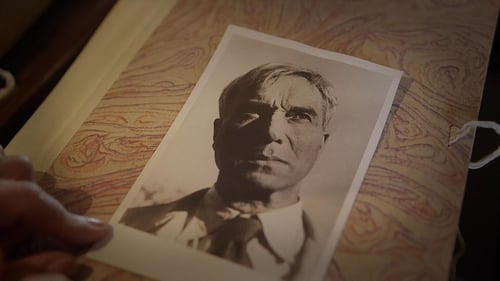
As Russian writer Boris Pasternak (1890-1960) thinks it is impossible that his novel Doctor Zhivago is published in the Soviet Union, because it supposedly shows a critical view of the October Revolution, he decides to smuggle several copies of the manuscript out of the country. It is first published in 1957 in Italia and the author receives the Nobel Prize in Literature in 1958, which has consequences.
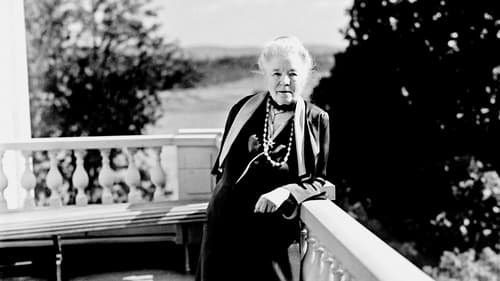
The extraordinary story of Swedish writer Selma Lagerlöf (1858-1940), creator of Nils Holgersson, a memorable and legendary literary character, and the first female storyteller to win the Nobel Prize for Literature (1909); a woman as pioneering in her life as in her remarkable work.

Soon after his insufferably arrogant father wins the Nobel Prize for chemistry, Barkley Michaelson is kidnapped by Thaddeus James, a young genius who claims to be Barkley's illegitimate half-brother. Motivated not so much by money as revenge, Thaddeus tries to convince Barkley to help him carry out a multimillion-dollar extortion plot against their patriarch.
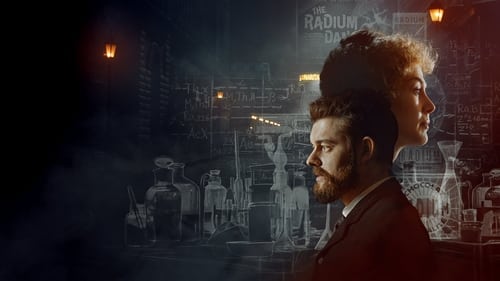
The story of Nobel Prize winner Marie Curie and her extraordinary scientific discoveries—through the prism of her marriage to husband Pierre—and the seismic and transformative effects their discovery of radium had on the 20th century.
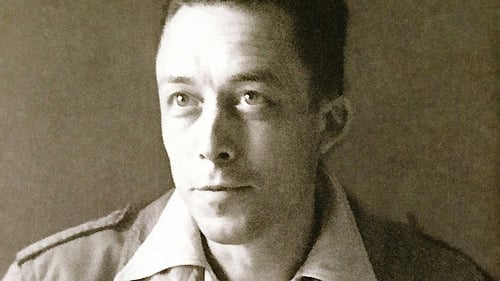
Albert Camus, who died 60 years ago, continues to inspire defenders of freedom and human rights activists around the world today. The Nobel Prize winner for literature is one of the most widely read French-language writers in the world. He continues to embody the rebellious man who opposes all forms of oppression and tyranny while refusing to compromise his human values.
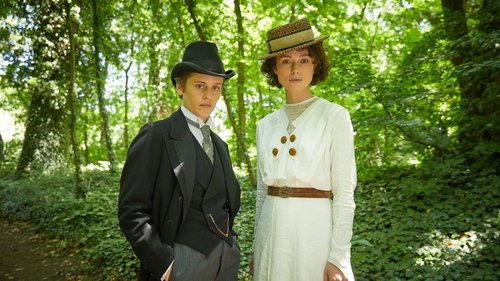
After marrying a successful Parisian writer known commonly as Willy, Sidonie-Gabrielle Colette is transplanted from her childhood home in rural France to the intellectual and artistic splendor of Paris. Soon after, Willy convinces Colette to ghostwrite for him. She pens a semi-autobiographical novel about a witty and brazen country girl named Claudine, sparking a bestseller and a cultural sensation. After its success, Colette and Willy become the talk of Paris and their adventures inspire additional Claudine novels.
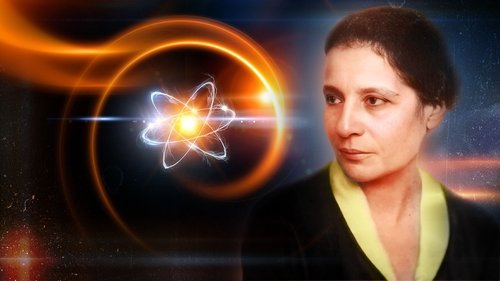
To historians, physicist Lise Meitner deserves to be placed on a par with Einstein, Heisenberg and Otto Hahn. In the 1930s on the verge of World War II, she led a small group of scientists who discovered that splitting the atomic nucleus of uranium releases enormous energy. This extraordinary film tells the story of a woman who was far ahead of her time as a scientist and a pioneer of feminism.
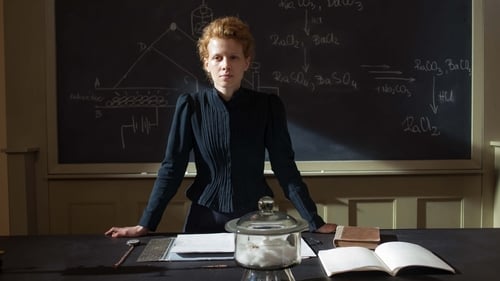
The most turbulent five years in the life of a genius woman: Between 1905, where Marie Curie comes with Pierre Curie to Stockholm to be awarded the Nobel Prize for the discovery of the radioactivity, and 1911, where she receives her second Nobel Prize, after challenging France's male-dominated academic establishment both as a scientist and a woman.

In 1934, while traveling to Stockholm, where he is about to receive the Nobel Prize, the Italian playwright Luigi Pirandello recalls his life and his relationship with the loved ones who have inspired his art.
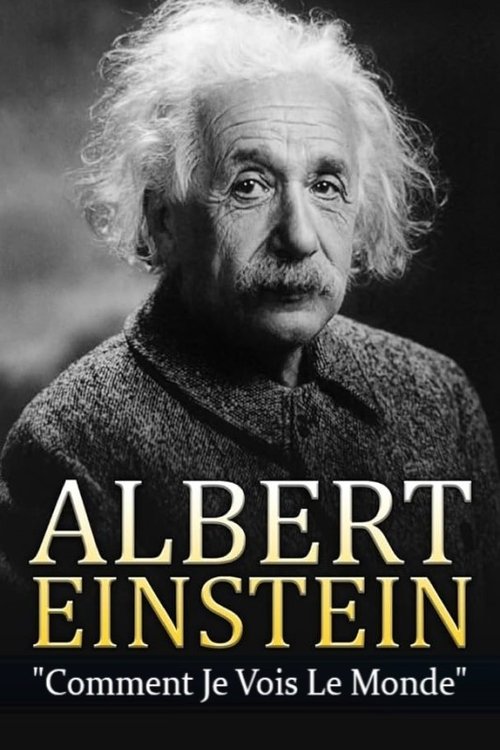
No description available for this movie.
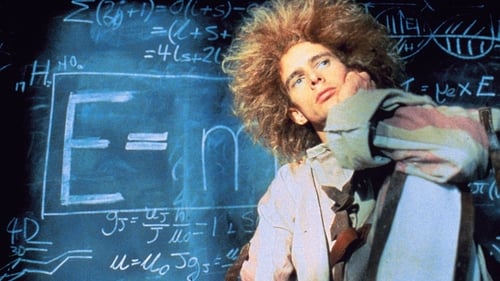
Albert Einstein is the son of a Tasmanian apple farmer, who discovers the secret of splitting the beer atom to put the bubbles back into beer. When Albert travels to Sydney to patent his invention he meets beatuiful French scientist Marie Curie, as well as several unscrupulous types who try to take advantage of the naive genius and his invention.
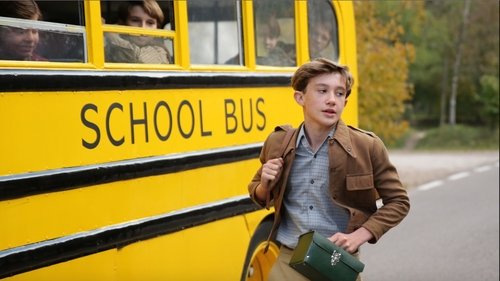
Italy, WWII. After his anti-fascist mother is arrested, Mario spends his childhood on the streets. In 1947 they are miraculously reunited and start a new life in America. Based on the life of Mario Capecchi, 2007 Nobel Prize in Medicine.

The story of Nobel prize nominee Dr Mechoulam from his early days as a child of the Holocaust in Bulgaria, through his immigration to Israel, and his career as the chief investigator into the chemistry and biology of the world's most misunderstood plant. Dr. Mechoulam ascertained that THC interacts with the largest receptor system in the human body, the endocannabinoid system.
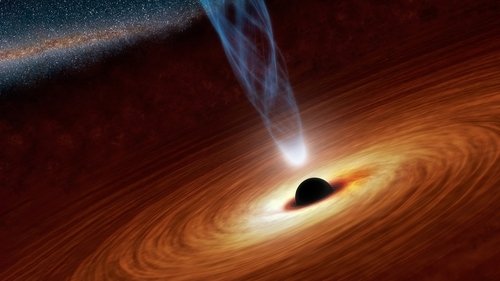
Astrophysicists show how black holes might hold answers to how the universe evolved, leading to life on Earth and, ultimately, the human race.
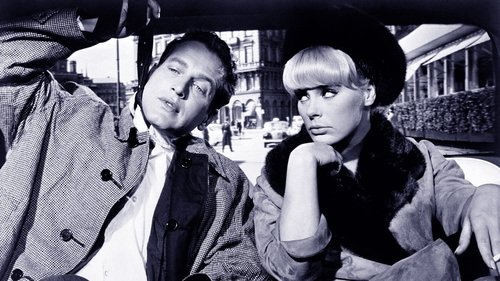
A group of Nobel laureates descends on Stockholm to accept their awards. Among them is American novelist Andrew Craig, a former literary luminary now writing pulp detective stories to earn a living. Craig, who is infamous for his drinking and womanizing, formulates a wild theory that physics prize winner Dr. Max Stratman has been replaced by an impostor, embroiling Craig and his chaperone in a Cold War kidnapping plot.
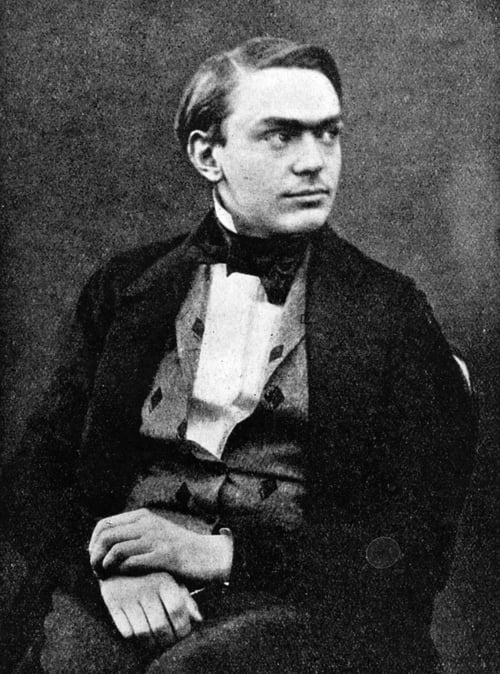
This John Nesbitt's Passing Parade short tells the story of Alfred Nobel, who invented dynamite, and later established the Nobel Prize.
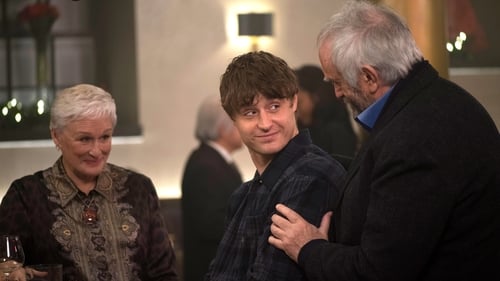
A wife questions her life choices as she travels to Stockholm with her husband, where he is slated to receive the Nobel Prize for Literature.
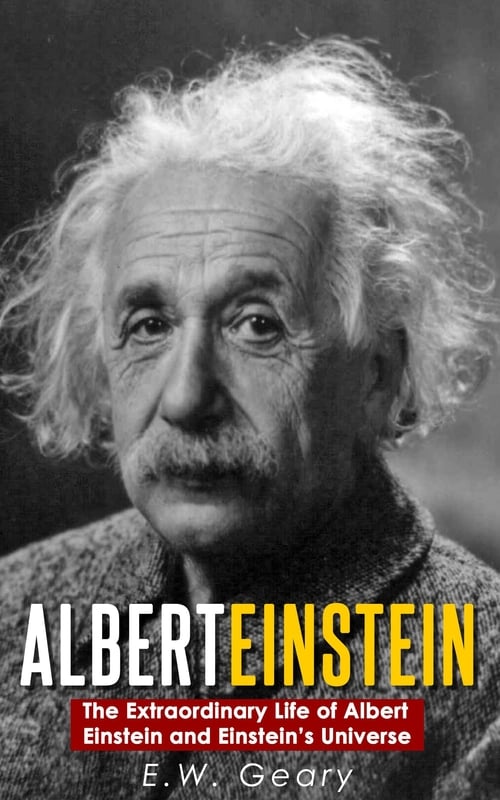
The core of the video is a pedagogical workshop on the Theory of Special Relativity as part of the educational process conducted by our youth leadership. Not for the sake of understanding the theory itself, but using Einstein's particular discovery as a case study to demonstrate and walk people through real human thinking, as being something above sense perceptions or opinions. We end with reflecting on the principle of relativity in terms of social relations and individual identities or thought processes, asking the question - how was Einstein able to make his breakthrough?